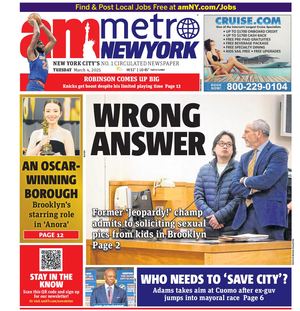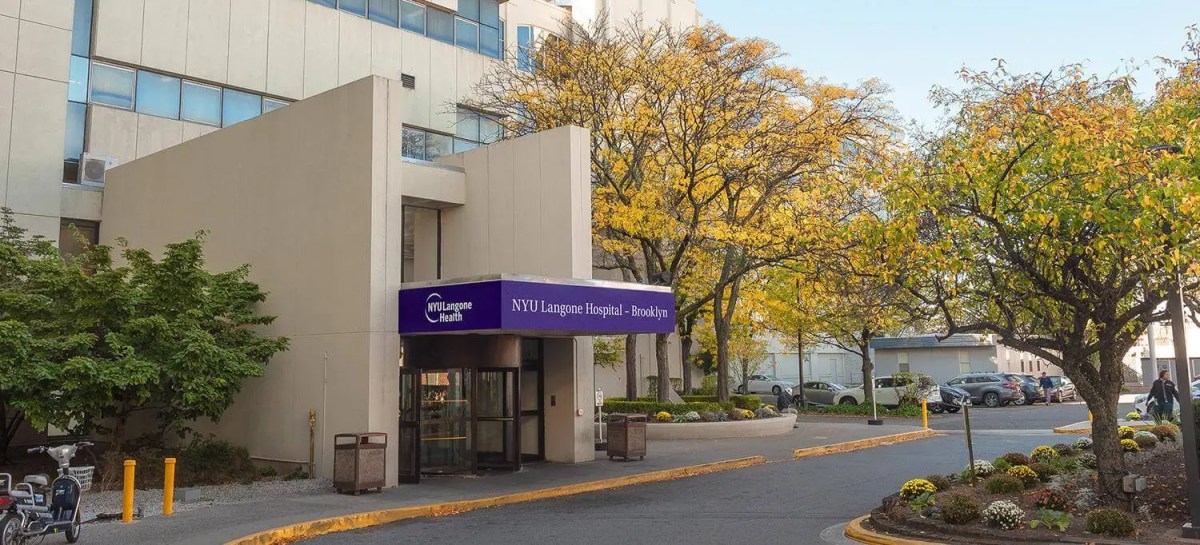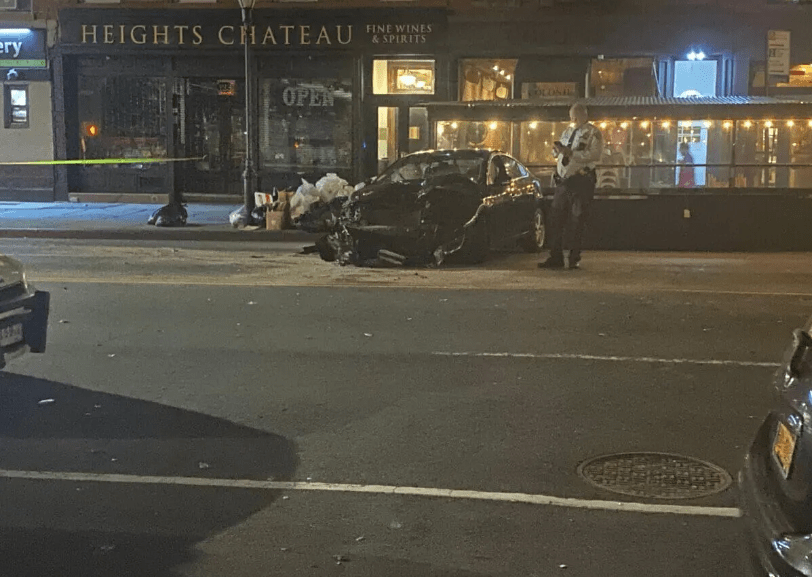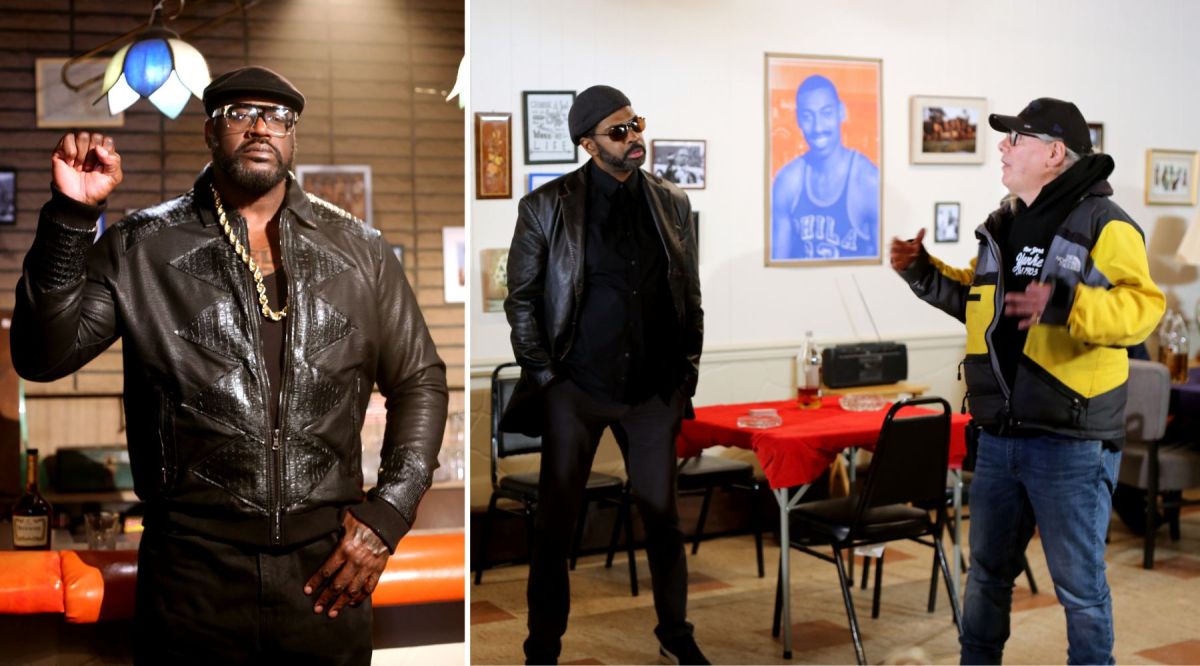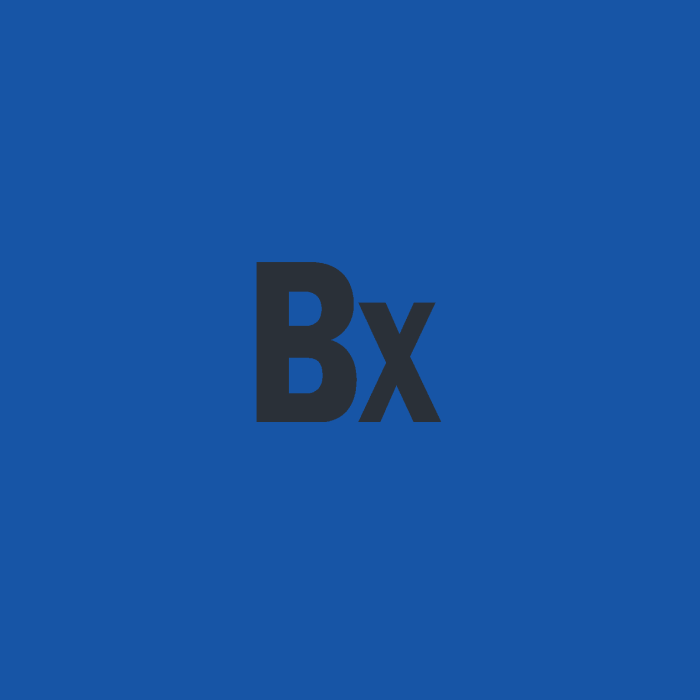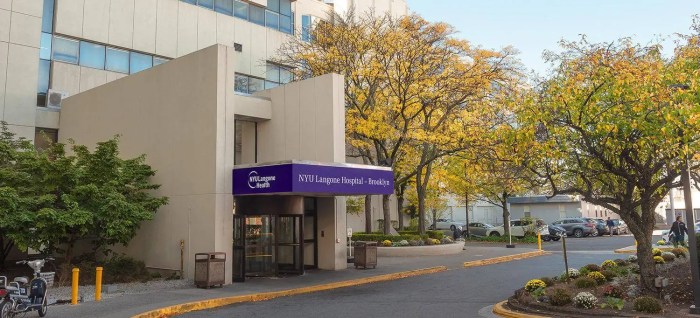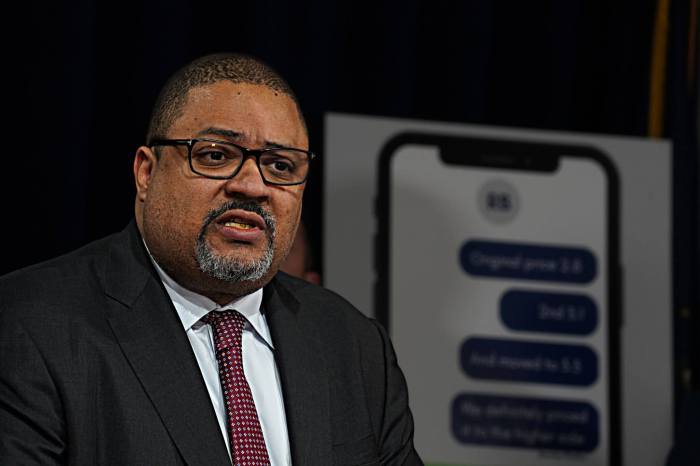A senior at Barnard College is going above and beyond to make sure her fellow students don’t go hungry.
For Sarah Skootsky, the concept of food insecurity first went from theoretical to reality after she began volunteering with the school’s Challah for Hunger chapter as a freshman.
“That was the first time I started thinking about food security on campus as an issue. . .this is something that is actually facing my fellow students,” Skootsky said.
This year, as part of Challah for Hunger’s Campus Hunger Project, the 22-year-old English literature major set out to create a cheat sheet of all the free and cheap food resources available to students on campus and in the surrounding neighborhood. The guide features everything from the locations and operating hours of several food pantries and information on nearby Columbia University’s Emergency Meal Fund to online resources like Share Meals, a mobile app that facilitates anonymous meal plan sharing and lets students post information on where events with free food are being held.
“Those are the options I put on the resource guide because I thought they would be most accessible to students, but there are many, many initiatives throughout New York City as a whole,” Skootsky said. “So many people are facing food insecurity, so it’s amazing that we have all these resources but there’s still more that needs to be done.”
Nationally, two-thirds of community college students and four in 10 students at four-year universities don’t know where their next meal will come from, according to a study conducted by the Wisconsin HOPE Lab.
Challah for Hunger aims to reduce food insecurity through 80 college-based chapters in the United States, United Kingdom and Australia, where volunteers bake and sell the traditional Jewish bread called challah.
The Barnard chapter, which has about 15 to 20 members, bakes and sells challah on campus bimonthly. Fifty percent of the proceeds goes to the nearby nonprofit Harlem Grown and the other 50 percent is donated to the nonprofit Mazon, Challah for Hunger’s national and philanthropic education partner.
“We raise thousands of dollars each year,” Skootsky said.
In 2016, the organization launched the Campus Hunger Project, which is specifically geared toward teaching college campuses about food insecurity and empowering students to implement ways of combating the issue.
“No student should have to choose between buying their textbooks and paying for food,” Miriam Lipschutz, program manager for the Campus Hunger Project, said. “Challah for Hunger is committed to supporting our student leaders in advocating for change on their campuses to help ensure neither they nor their peers experience lack of food as a barrier to succeeding in their education.”
Skootsky said the guide is also a useful tool for upper Manhattan residents who are struggling to put food on the table, even if they aren’t students.
“I think this is the start of a longer process,” she said of the guide and her work with the Campus Hunger Project. “I was really impressed with seeing all of the resources available in the city but obviously they’re not enough.”
Columbia University Hunger Resource Guide by lauren on Scribd
